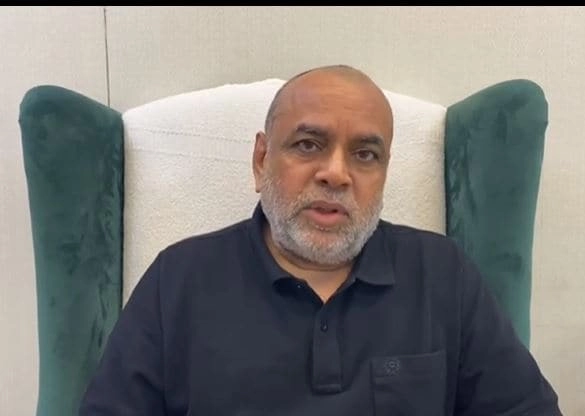In a shocking revelation, acclaimed actor Paresh Rawal recently shared an unconventional method he employed to aid his recovery from a knee injury. Known for his versatile performances in Indian cinema, Rawal surprised many by admitting that he resorted to drinking his own urine as part of his healing process. In a candid interview, he described the experience, stating that he “sipped it like beer,” which not only raised eyebrows but also sparked discussions about alternative healing practices.
Rawal’s admission highlights the lengths to which some individuals are willing to go in pursuit of recovery, especially when conventional treatments may not provide the desired results. This controversial approach, often associated with certain traditional medicine practices, has gained attention for its supposed health benefits. While many may find the idea of urine therapy unpalatable, Rawal’s personal experience has opened a dialogue on the topic, challenging societal norms around health and wellness.
The actor’s revelation also serves as a reminder of the resilience and determination often displayed by individuals in the face of physical challenges. Rawal’s willingness to embrace such an unusual remedy underscores the belief in the body’s innate ability to heal itself, a concept that resonates with various alternative medicine philosophies. His story not only sheds light on his personal journey but also invites others to explore the boundaries of conventional health practices, encouraging a broader understanding of recovery and well-being.
In an industry where maintaining physical health is crucial, especially for performers, Rawal’s experience offers a unique perspective on the intersection of traditional and modern healing methods. While some may criticize his approach, others may find inspiration in his unconventional choices. Ultimately, the actor’s candidness about his recovery journey encourages a more open-minded discourse around health practices, prompting individuals to consider a wide array of options when faced with their own health challenges.




